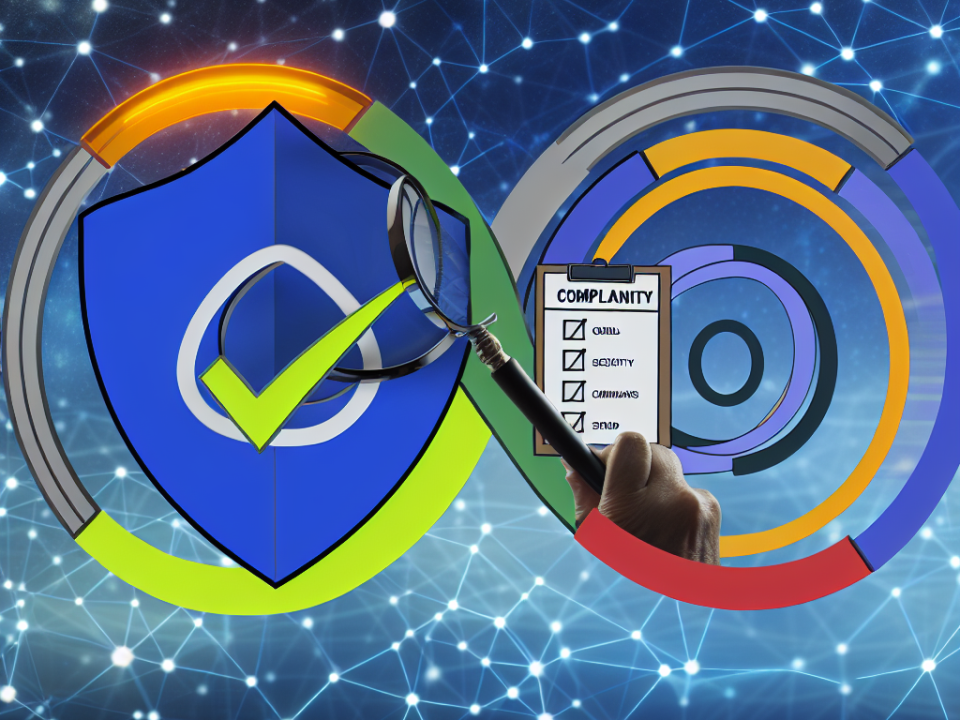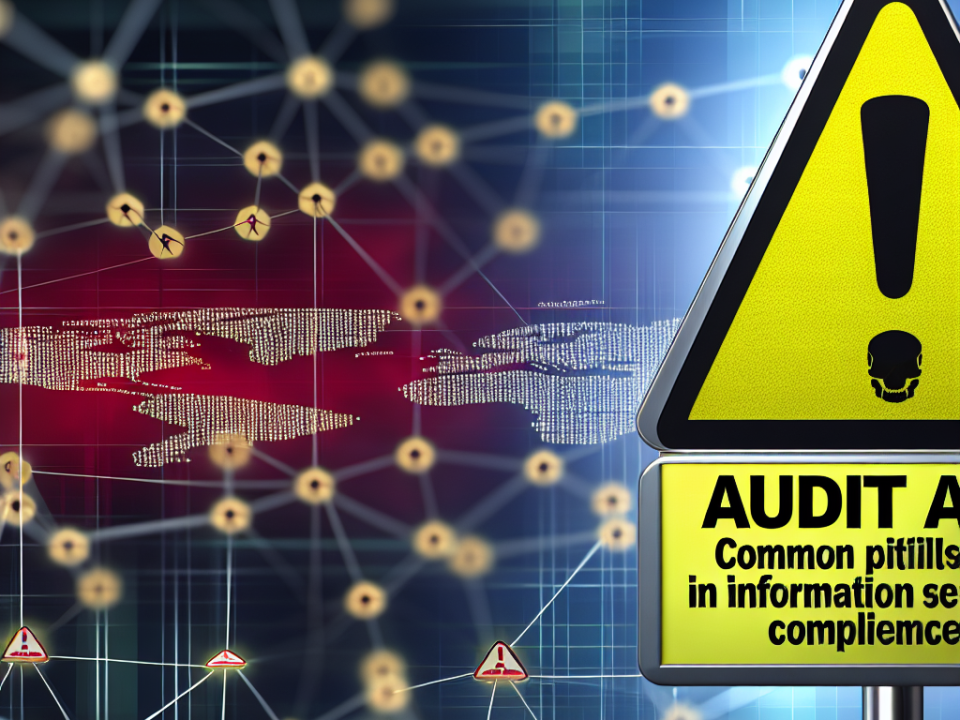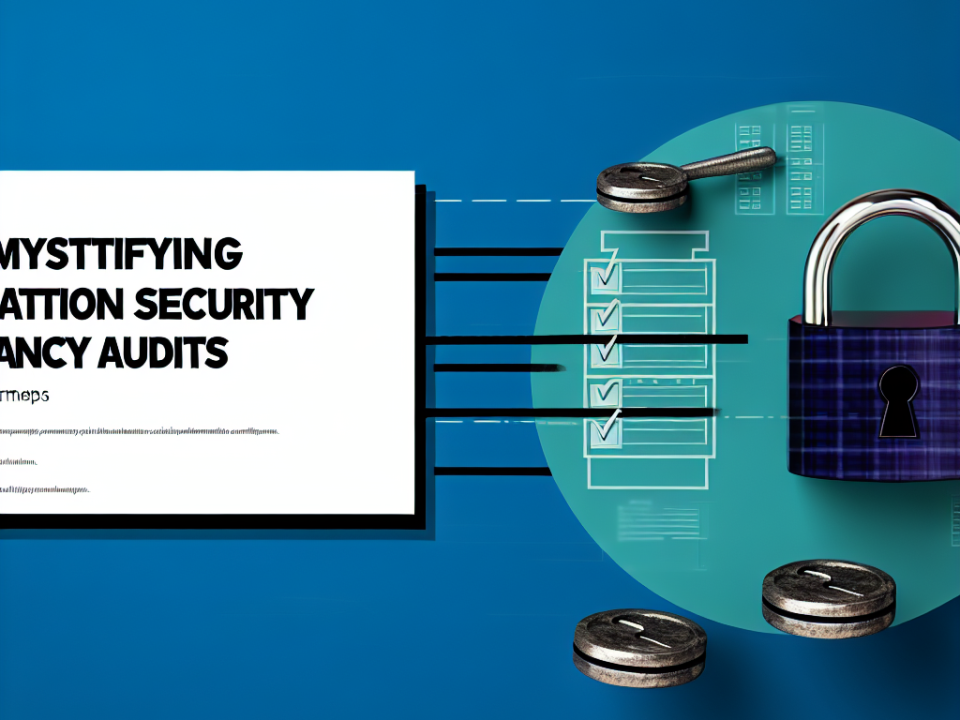
AI and Compliance: Navigating Legal Landscape in Cybersecurity
October 6, 2025
The 2023 Cybersecurity Landscape: How AI is Redefining Protection Strategies
October 7, 2025
In today’s hyper-connected world, the importance of robust security protocols cannot be overstated. As businesses become increasingly reliant on technology and digital tools, they also become more vulnerable to cyber threats. Data breaches, malware attacks, and security lapses can have far-reaching consequences, not only jeopardizing sensitive information but also impairing trust and brand reputation. Given these realities, it is imperative for every business—regardless of size or sector—to embrace industry standard security protocols. Here’s why.
1. Protecting Sensitive Data
Businesses handle a wealth of sensitive information, including customer details, financial records, trade secrets, and intellectual property. Industry-standard security protocols are designed to safeguard this information from unauthorized access and breaches. Implementing these protocols mitigates the risk of data loss and reinforces customer trust, which is crucial for maintaining competitive advantage.
2. Compliance with Regulations
Governments and regulatory bodies worldwide are increasingly mandating strict data protection laws and regulations, such as the General Data Protection Regulation (GDPR) in Europe and the California Consumer Privacy Act (CCPA) in the United States. Compliance with these laws often necessitates adherence to specific security protocols. Non-compliance can lead to hefty fines, legal complications, and damage to a company’s reputation. By adopting industry standards, businesses not only stay compliant but also avoid the pitfalls of regulatory scrutiny.
3. Enhancing Customer Trust
In an era where consumers are more aware of privacy issues, showcasing a commitment to security serves as a significant differentiator. Adopting industry-standard security protocols demonstrates to customers that their data is safe, fostering trust and loyalty. Companies that prioritize security are more likely to build stronger relationships with their clients, enhancing customer retention and encouraging word-of-mouth referrals.
4. Reducing Financial Risks
The financial implications of a security breach can be devastating. According to IBM’s Cost of a Data Breach Report, the average cost of a data breach can run into millions, which includes legal fees, recovery costs, lost revenue, and reputational damage. By investing in industry-standard protocols upfront, businesses can save significantly by reducing the chances of a breach. The adage “an ounce of prevention is worth a pound of cure” rings especially true in the realm of cybersecurity.
5. Staying Ahead of Cyber Threats
Cyber threats are constantly evolving, becoming increasingly sophisticated and varied. Industry-standard security protocols evolve as new threats emerge, ensuring businesses are equipped with the latest defenses. By adopting these protocols and regularly updating their security measures, businesses can stay one step ahead of cybercriminals, significantly reducing their vulnerability to attacks.
6. Building a Culture of Security
A commitment to industry-standard security protocols fosters a culture of security within an organization. When employees understand and engage with security practices, they become vigilant stewards of sensitive data. This cultural shift can lead to improved security awareness, ensuring that every member of the organization plays a role in safeguarding information assets.
7. Facilitating Business Growth
As businesses expand and integrate new technologies, their attack surface increases, bringing additional security challenges. Adopting industry-standard security protocols can streamline the integration of new technologies, ensuring that security is built into the foundation of operations rather than treated as an afterthought. This proactive approach facilitates growth by promoting a secure environment for innovation.
Conclusion
In an age where security breaches, data thefts, and cyber threats dominate headlines, the need for comprehensive industry-standard security protocols is clearer than ever. For businesses looking to protect their data, maintain compliance, and build customer trust, embracing these protocols is not just an option—but a necessity. By prioritizing security today, businesses can safeguard their future in an increasingly unpredictable digital landscape.







